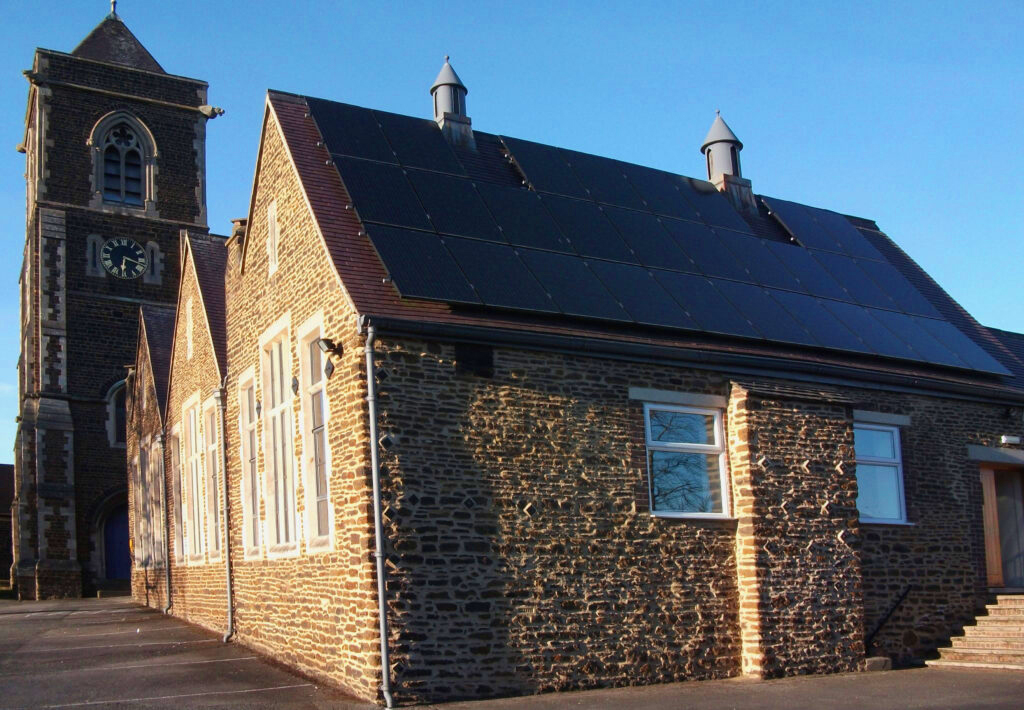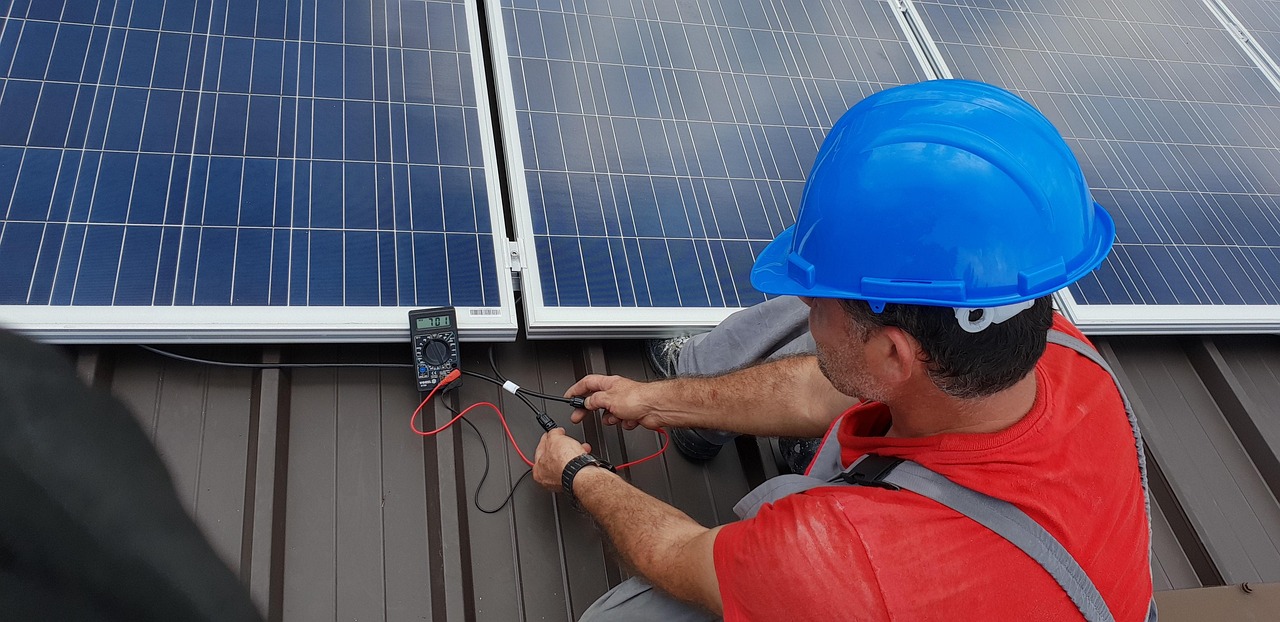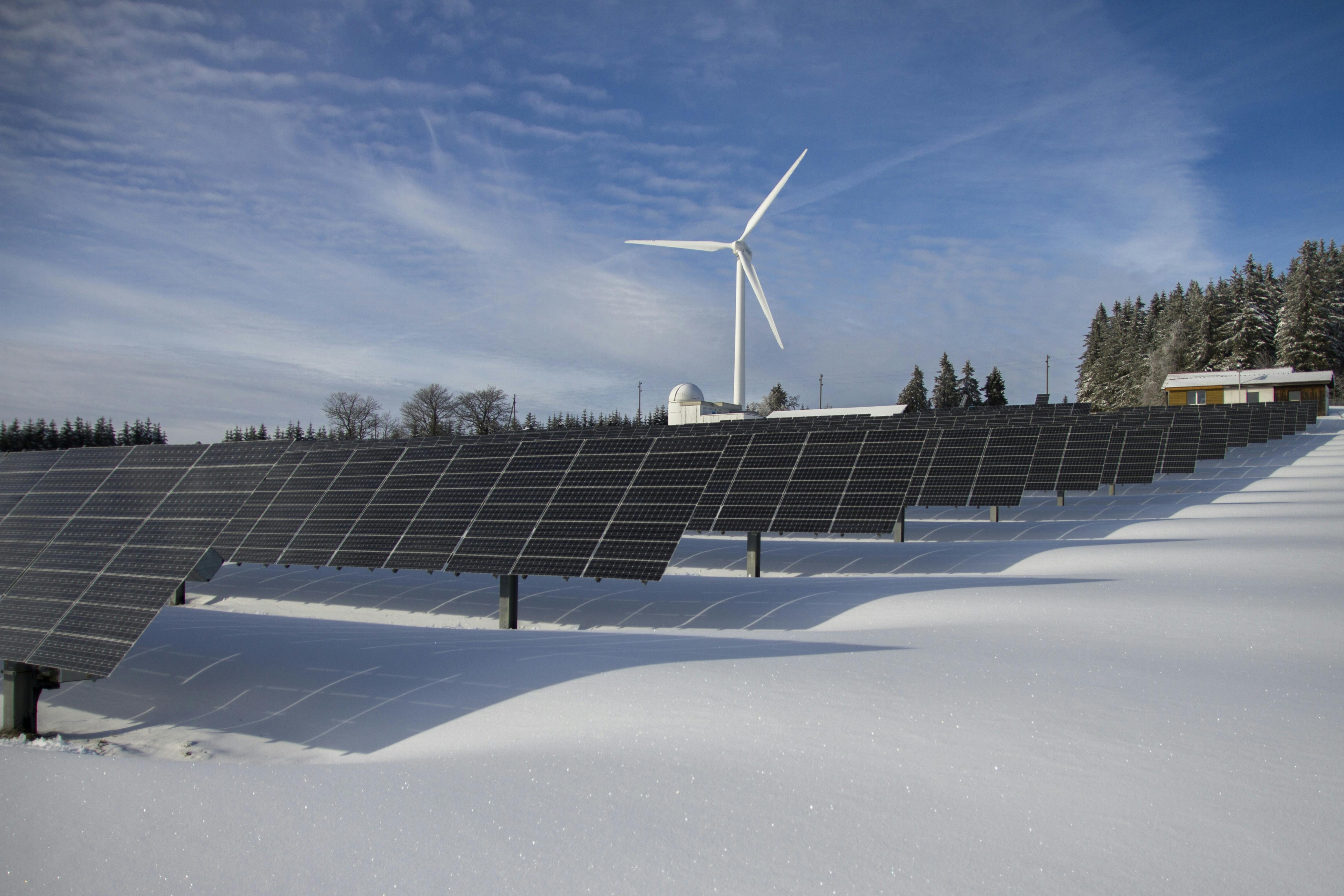How to Calculate Solar Panel Output | Use Our Calculator
The easiest way to calculate solar panel output in 2026? Use our solar panel calculator or follow our step-by-step guide.

Wondering how to calculate solar panel output? This guide teaches you how to do exactly that.
The quickest and easiest way would be to use our solar panel calculator - It’s 96% accurate so you can be confident that the calculated solar output will be similar to what you generate should you install solar panels. Simply input your postcode and we’ll help you crunch the numbers for your property.
Not only will the calculator save you from reading this entire article, but it’ll also provide you with estimated costs, savings and how many solar panels you would require.
Key Takeaways:
Power (W) × Average daily sunlight hours × 0.75 = Daily Watt-hours,
where the 0.75 factor accounts for real-world conditions like shading, weather, and panel tilt.
Calculating Your Solar Panel Output
The easiest way to work out solar panel output is by using our solar panel calculator.
However, if you want to crunch some numbers yourself, here is a simplified equation to help you calculate solar power generation:
Power in watts (W) x Average hours of direct sunlight x 0.75 = Daily Watt-hours.
Note: Our Solar Panel Tool will deliver a far better output so we’d highly recommend using it. Beyond calculating your potential solar power generation for your specific location, it will also help you understand how much of it you’ll use and most importantly how much money you’ll save by going solar.
Power in watts: Each solar panel has a maximum power output under ideal conditions - this is displayed in Watts (W). The solar panels we would recommend to customers have a wattage of 470w.
Average hours of direct sunlight: You can find the most up to date annual sunshine figures for your city here. Simply divide this figure by 365 to get the average daily sunlight figure.
Why multiply by 0.75? This accounts for factors that may affect the output of your solar panels, including shading, weather conditions, and their orientation/tilt. We’ll dive into this in more detail further in this guide.
Why is Calculating Your Solar Panel Output Important?
Solar panel output refers to the amount of electricity that a solar panel system can generate under specific conditions. It is typically measured in kilowatts (kW) or kilowatt-hours (kWh). Here is why working it out is important before you commit to solar panels:
1. Financial Planning: Knowing your solar panel's output helps you estimate the financial benefits of going solar. It allows you to estimate your potential energy savings and determine the payback period for your solar investment. This information is essential for budgeting and making an informed decision about the size and type of solar panel system you wish to install.
2. Environmental Impact: Solar panels reduce your reliance on fossil fuels and decrease your carbon footprint. By understanding your solar panel output, you can quantify the amount of greenhouse gas emissions you're preventing and contribute to a cleaner, more sustainable environment.
Factors Affecting Solar Power Generation
Various factors can influence how much electricity your solar panels generate. These factors play a significant role in determining the effectiveness of your solar panel system and thus its power output. They are as follows:
1. Panel Efficiency
Solar panels come in different makes and models, each with varying levels of efficiency (this refers to how well a solar panel converts sunlight into electricity). Higher efficiency panels can produce more electricity for a given area of installation. Opting for higher efficiency solar panels (21% plus) would of course increase your output, especially if your roof orientation or tilt is not ideal (more on this further in this article).
Recommended guide: How Efficient are Solar Panels?
2. Sun Hours
The UK receives an average of approximately 4.9 sun hours per day. The number of sun hours that your location receives directly impacts your solar panel output. Areas with more sun hours will produce more electricity over time, while those with fewer sun hours will generate less. It's important to consider your specific location and use up-to-date figures when estimating output.
3. Orientation and Tilt
The orientation and tilt of your solar panels can significantly affect their efficiency. In the UK, panels should ideally face south to capture the maximum amount of sunlight throughout the day. However, not all roofs have a perfect south-facing orientation. Panels facing east or west can still generate electricity but at reduced efficiency. Tilt is also important; panels tilted at an angle equal to your latitude will capture the most sunlight. Adjusting the orientation and tilt to match your location can optimise output.
Recommended guide: Best Direction for Solar Panels
4. Weather Considerations
Cloud cover can reduce the amount of sunlight that reaches your solar panels, impacting power generation. While solar panels can still generate electricity on cloudy days, it's essential to consider potential fluctuations in output due to weather conditions when working out your solar panel output.
Let's take a closer look at how these factors can affect your solar panel system's performance through the use of an example.
Example:
Suppose you have a 5 kW solar panel system with highly efficient panels, but your roof's orientation is not ideal, and you experience frequent shading from nearby trees. In this scenario, you may need to adjust your output expectations downward to account for these factors. The impact of shading, orientation, and tilt can reduce your system's efficiency, even with high-quality panels. Our calculator takes all of this into account by using the most recent annual sunshine figures for your specific postcode, allowing us to provide you with a 96% accurate estimate regarding your solar panel’s potential output by location.
Maximising Your Solar Panel Output
Now that you understand how to work out your solar panel output, let's explore how to get the most out of your system:
1. Optimal Installation: For the best solar energy production, it's crucial to position your panels where they'll receive the most sunlight. South-facing panels are ideal, but east or west-facing panels can also be effective. Our solar panel experts will guide you through the best options based on your roof's orientation, and our installers will ensure the panels are positioned at the optimal tilt for maximum efficiency.
2. Regular Maintenance: Keep your solar panels clean to ensure they operate at peak efficiency. Regularly removing dirt and debris is essential, and it's also important to monitor for any new shading issues, such as growing vegetation or nearby structures, and address them quickly.
3. Consider Expanding: As your energy needs increase, think about expanding your solar system. In most cases, this can be easily done by adding more panels to generate additional electricity.
4. Battery Integration: Enhance your system's efficiency by integrating a battery storage system. This allows you to store excess energy generated during the day for use at night or on cloudy days, increasing your energy independence.
Our Solar Panel Calculator - Calculate Output, Costs & Savings
If you're considering solar panels for your home in the UK, you're in the right place. At MakeMyHouseGreen, we've developed a user-friendly UK Solar Panel Calculator that takes the guesswork out of working out your solar panel output and potential savings.
Here’s what our calculator does:
- Customised Estimates: Our calculator provides tailored estimates based on your location, panel specifications, and energy needs. It's designed to give you a realistic projection of how much electricity your solar panel system can generate.
- Financial Insights: Discover the potential cost savings of going solar. Our calculator considers factors like government incentives (such as the smart export guarantee) and electricity rates to give you a clear picture of your financial benefits.
- Environmental Impact: Understand the positive environmental impact of switching to solar energy. Calculate your greenhouse gas emissions reduction and contribution to a cleaner planet.
Why Choose MakeMyHouseGreen?
- Experience and Expertise: With a solid track record in solar panel installations, our team of experts is well-equipped to design and install a solar panel system that's perfectly tailored to your specific needs.
- Quality Assurance: We prioritise quality by using top-tier solar panels and components, ensuring that your system is both long-lasting and efficient.
- Customer Satisfaction: Your satisfaction is our top priority. We’ll support you every step of the way, from the initial design phase to the final installation, ensuring a smooth and hassle-free transition to solar energy.
Ready to see what you can save?
Our solar calculator is 100% free to use. Enter your postcode below to get started.

Based on 400+ Trustpilot reviews






